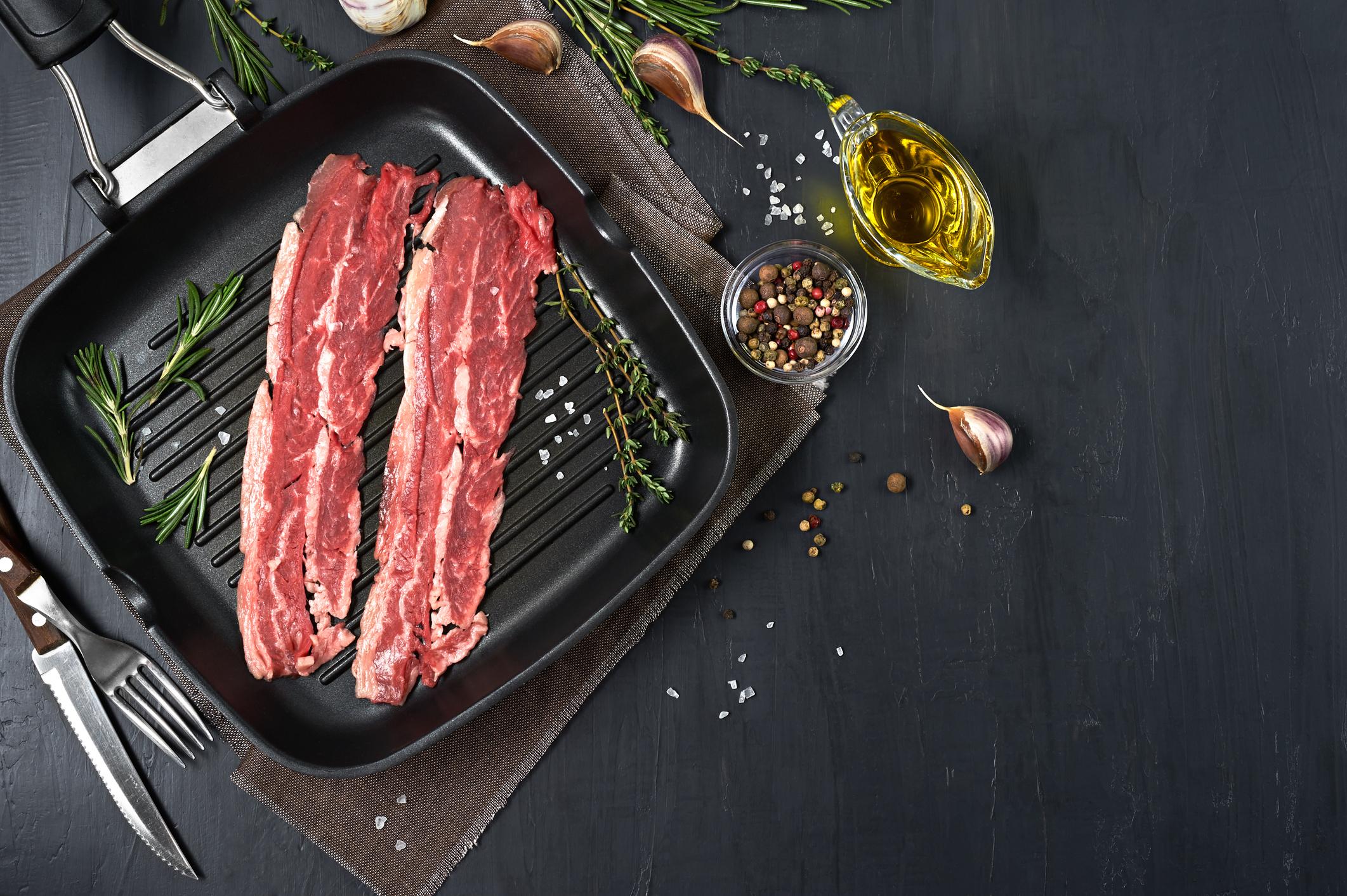Eating bacon and sausages raises risk of breast cancer, major study concludes
Review of available evidence confirms World Health Organisation classification of processed foods as cancer risk — but is unable to say what the limit on consumption should be

Your support helps us to tell the story
From reproductive rights to climate change to Big Tech, The Independent is on the ground when the story is developing. Whether it's investigating the financials of Elon Musk's pro-Trump PAC or producing our latest documentary, 'The A Word', which shines a light on the American women fighting for reproductive rights, we know how important it is to parse out the facts from the messaging.
At such a critical moment in US history, we need reporters on the ground. Your donation allows us to keep sending journalists to speak to both sides of the story.
The Independent is trusted by Americans across the entire political spectrum. And unlike many other quality news outlets, we choose not to lock Americans out of our reporting and analysis with paywalls. We believe quality journalism should be available to everyone, paid for by those who can afford it.
Your support makes all the difference.Eating processed meats, such as sausages, bacon and chorizo, increases the risk of developing breast cancer by around 9 per cent, a large new analysis has shown.
Drawing data from more than a million women, the team from Harvard University’s T H Chan School of Public Health reviewed 15 studies in this area and found the biggest effect among women who reported eating the most processed meat.
While the World Health Organisation (WHO) has previously warned about the extra cancer risk from regularly eating processed meats, US researchers said the findings relating to breast cancer had been inconsistent.
“Previous works linked increased risk of some types of cancer to higher processed meat intake, and this recent meta-analysis suggests that processed meat consumption may also increase breast cancer risk,” said Dr Maryam Farvid, lead author of the study, in the International Journal of Cancer.
“Therefore, cutting down processed meat seems beneficial for the prevention of breast cancer.”
The WHO has also warned that red meats are probably carcinogenic, but two of the studies which examined the area found no obvious effect.
Processed meats typically have salts and other preservatives added to extend their shelf life and change their taste and texture.
These salts and additives interact with the protein in the meat and can form toxic compounds which damage cells in the gut.
People who eat these meats, which can also include smoked products, have been shown in repeated population-level studies to be at an increased risk of cancers, particularly of the bowel. These findings led the WHO to classify them as a carcinogen.
However, many questions remain unanswered. The latest research was unable to shed any light on exactly how much processed meat is harmful. Some studies have put the threshold for increasing cancer risk as low as 9g a week.
It is also likely people who regularly eat processed meats tend to have less healthy lifestyles, so it may be an absence of fruits and vegetables, or less exercise causing the increased risk – though the studies try to control for this statistically.
Dr Gunter Kuhnle, from the University of Reading, was not involved in the study but said its findings appeared robust – though added it was not immediately clear whether or not current guidelines recommending a maximum of 70g of processed meat a week should be lowered.
“This new study shows that there is a risk increase for breast cancer, but it is even smaller than for bowel cancer: a 10% difference between those consuming the highest amount compared to those consuming the lowest amount,” he said.
“However, it is important to note that breast and bowel cancer are the most common types of cancer in the UK, with almost 100,000 cases per year, and even small changes to the disease risk will have a huge impact.”
Dr Tom Beattie, health information officer at Breast Cancer Now, said: “This study adds further evidence that a high intake of processed meat may slightly increase breast cancer risk, but this link is far from confirmed.
“The role of specific foods such as bacon is really hard to untangle as we all eat a wide variety of foods, and our diets can change over time.”
Join our commenting forum
Join thought-provoking conversations, follow other Independent readers and see their replies
Comments